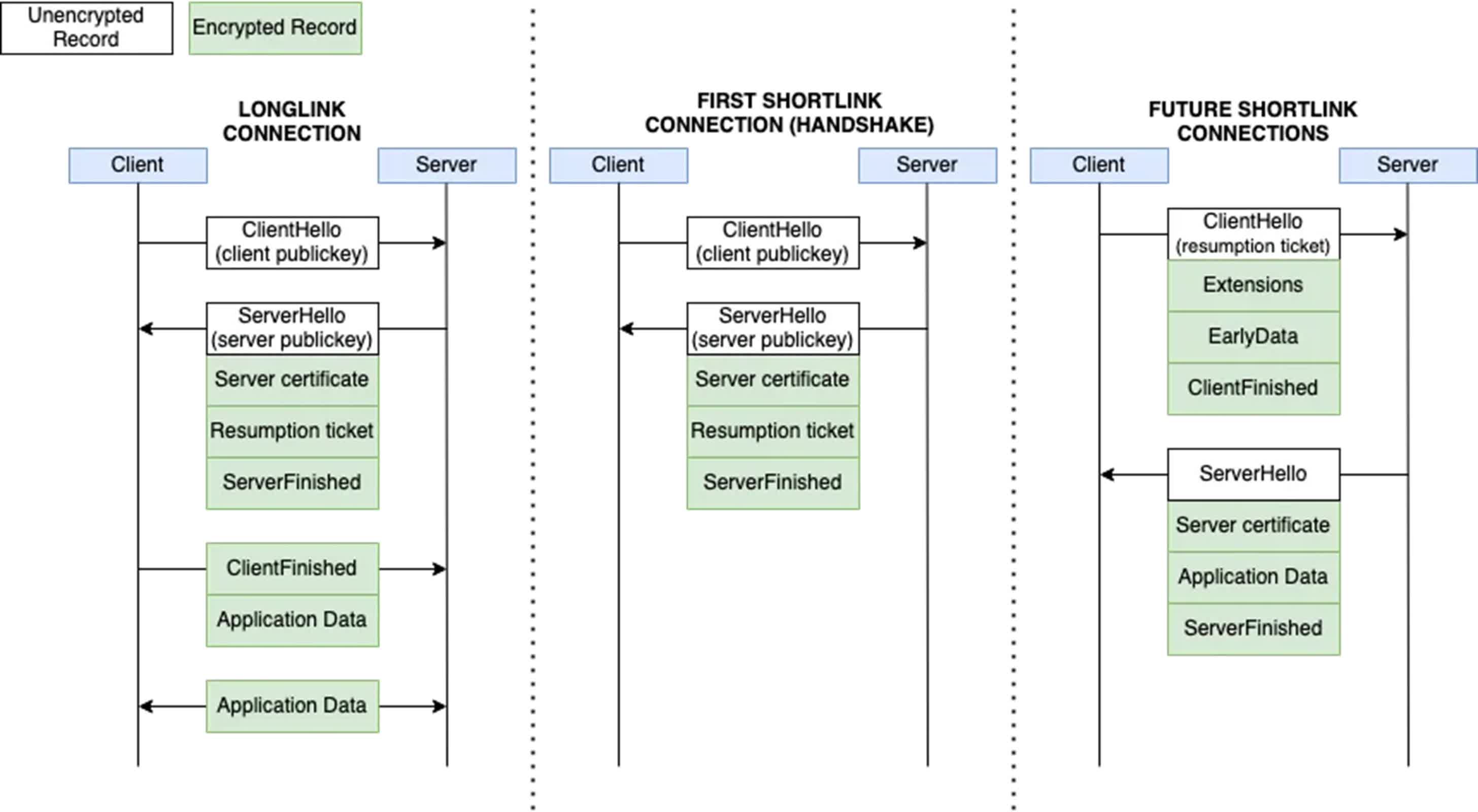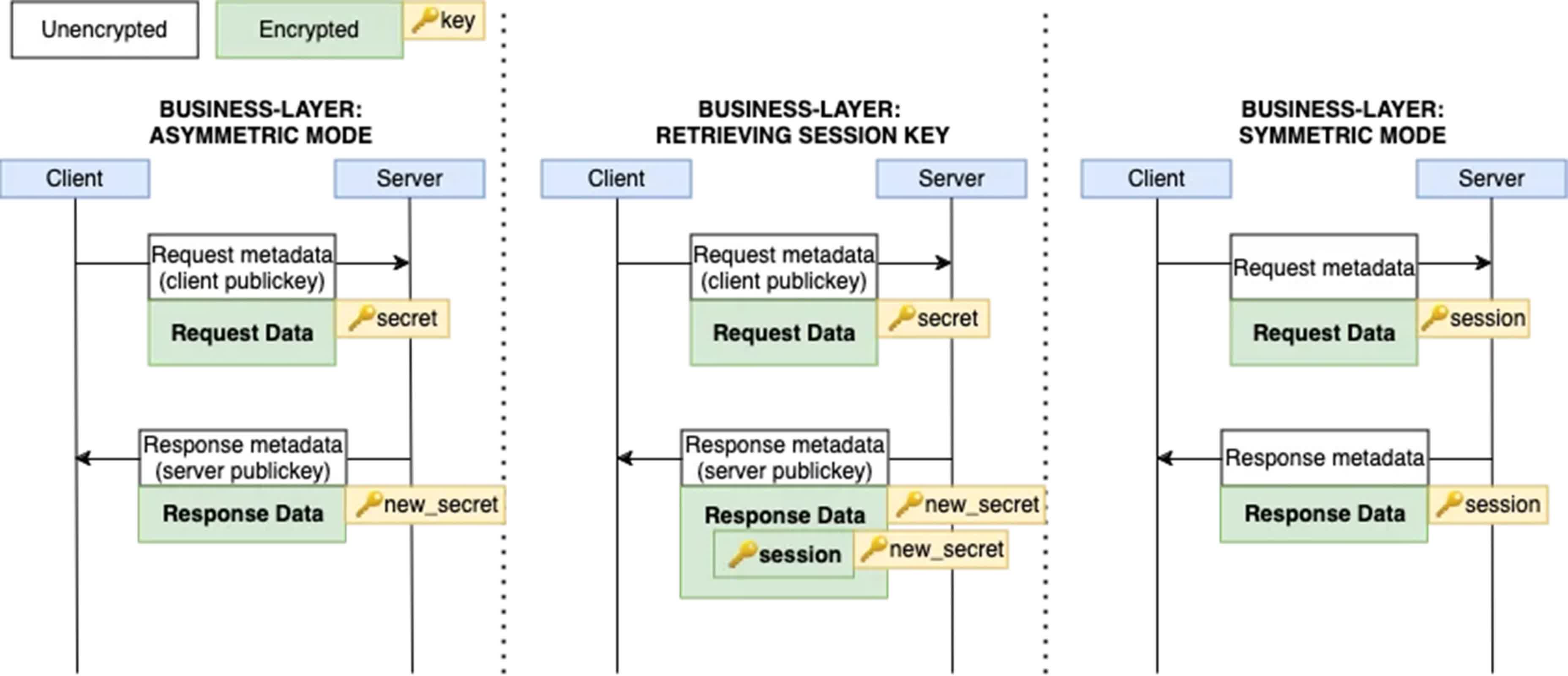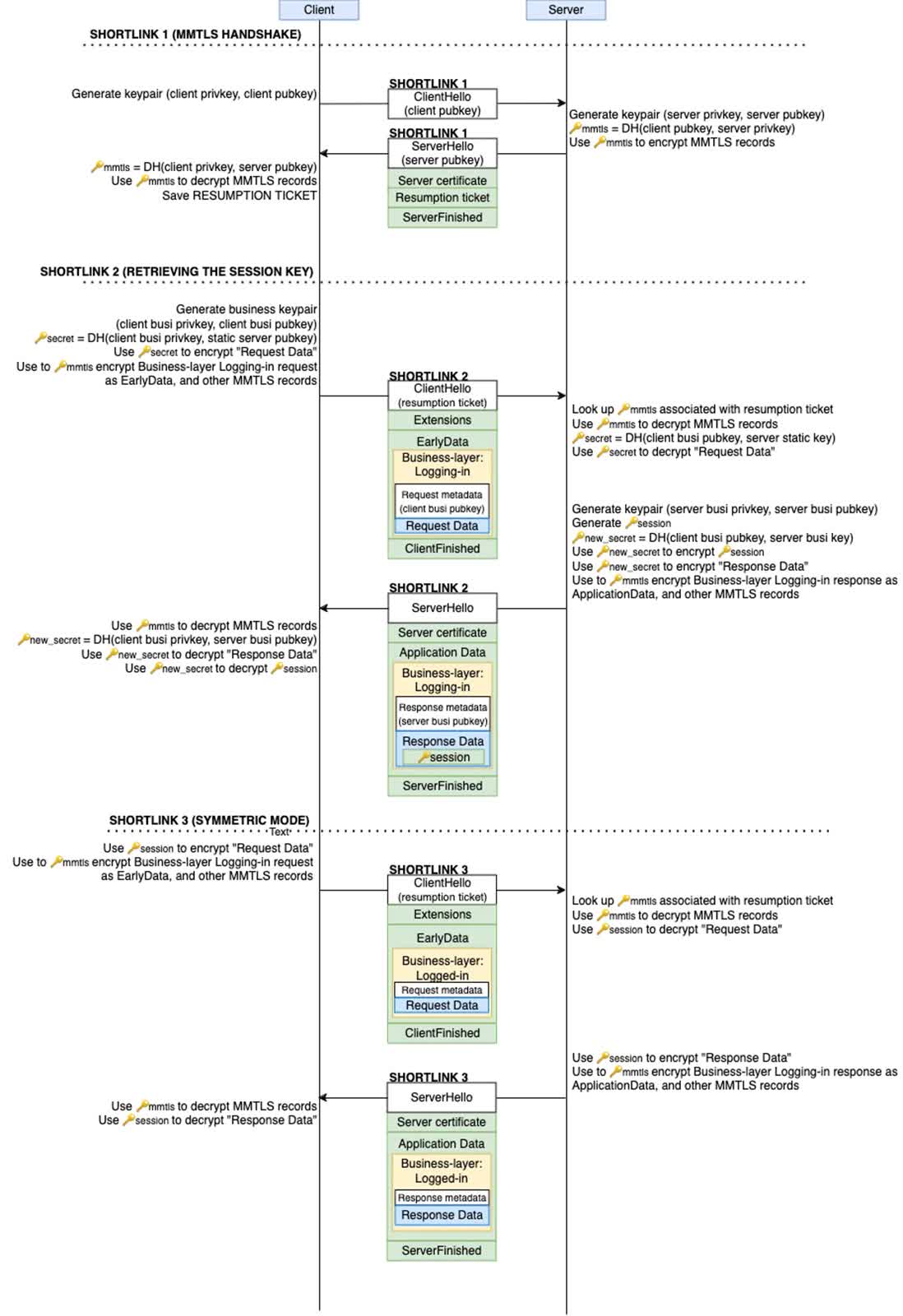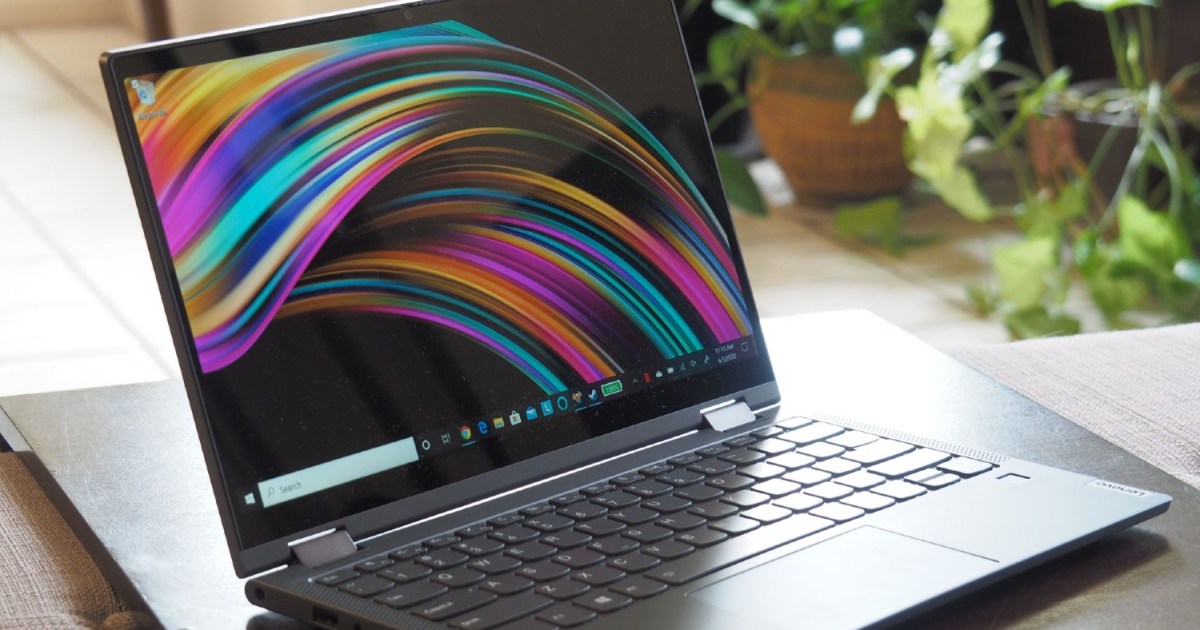Serving tech enthusiasts for complete 25 years.
TechSpot intends tech study and proposal you can trust.
TL;DR: WeChat messages and conversations are not encrypted end-to-end, meaning nan app's servers tin decrypt and publication each message. However, users of nan celebrated messaging app mightiness beryllium concerned to study that location are vulnerabilities successful nan encryption protocol that could time off nan work unfastened to attack, according to a caller study.
A caller investigation by nan University of Toronto's Citizen Lab has uncovered imaginable information weaknesses successful WeChat's civilization encryption protocol. These weaknesses originate because nan developers of WeChat, which boasts complete a cardinal monthly progressive users, person modified nan Transport Layer Security (TLS) 1.3 protocol, creating a type called MMTLS.
WeChat uses a two-layer encryption system. First, nan soul layer, known arsenic "Business-layer encryption," encrypts nan plaintext content. This encrypted contented is past further encrypted pinch MMTLS earlier being transmitted.

While this dual-layer encryption offers immoderate protection, respective concerning issues were identified. The Business-layer encryption fails to unafraid delicate metadata, specified arsenic personification IDs and petition URIs. Additionally, MMTLS uses deterministic initialization vectors (IVs), which contradict modern cryptographic champion practices. Furthermore, nan encryption lacks guardant secrecy, a important characteristic for semipermanent security.
Before 2016, WeChat relied solely connected Business-layer encryption for web requests. The preamble of MMTLS appears to beryllium an effort to reside nan shortcomings of nan erstwhile system.

To immoderate extent, this has been effective. The researchers were incapable to successfully onslaught WeChat's encryption successful this study because nan susceptible Business-layer encryption is now protected by nan MMTLS layer. In earlier versions of WeChat, which lacked MMTLS, nan Business-layer encryption was exposed and perchance susceptible to definite attacks. The summation of MMTLS has importantly improved WeChat's wide information by shielding nan soul encryption furniture from nonstop attacks.
Nevertheless, nan researchers noted that WeChat's implementation falls short of nan cryptographic standards expected for an app of its scale. Additionally, different "minor" issues identified by nan researchers are not coming successful nan standard, unmodified type of TLS.
The researchers besides pointed retired that it is simply a unsocial believe successful China for information developers to create their ain civilization cryptographic systems alternatively than utilizing established standards. These homegrown solutions often do not lucifer nan effectiveness of wide utilized protocols for illustration TLS 1.3 aliases QUIC. Citizen Lab described this arsenic "a growing, concerning inclination unsocial to nan Chinese information landscape."

For instance, immoderate Chinese apps instrumentality civilization domain solution methods to combat DNS hijacking by ISPs. Additionally, galore Chinese apps, including WeChat, usage open-source infrastructure components for illustration Tencent Mars, which whitethorn deficiency due archiving and information guidance.
Perhaps not surprisingly, nan cardinal proposal by Citizen Lab researchers was that WeChat's genitor institution Tencent adopt modular TLS aliases a operation of QUIC and TLS to heighten app security.

 1 month ago
1 month ago








 English (US) ·
English (US) ·  Indonesian (ID) ·
Indonesian (ID) ·